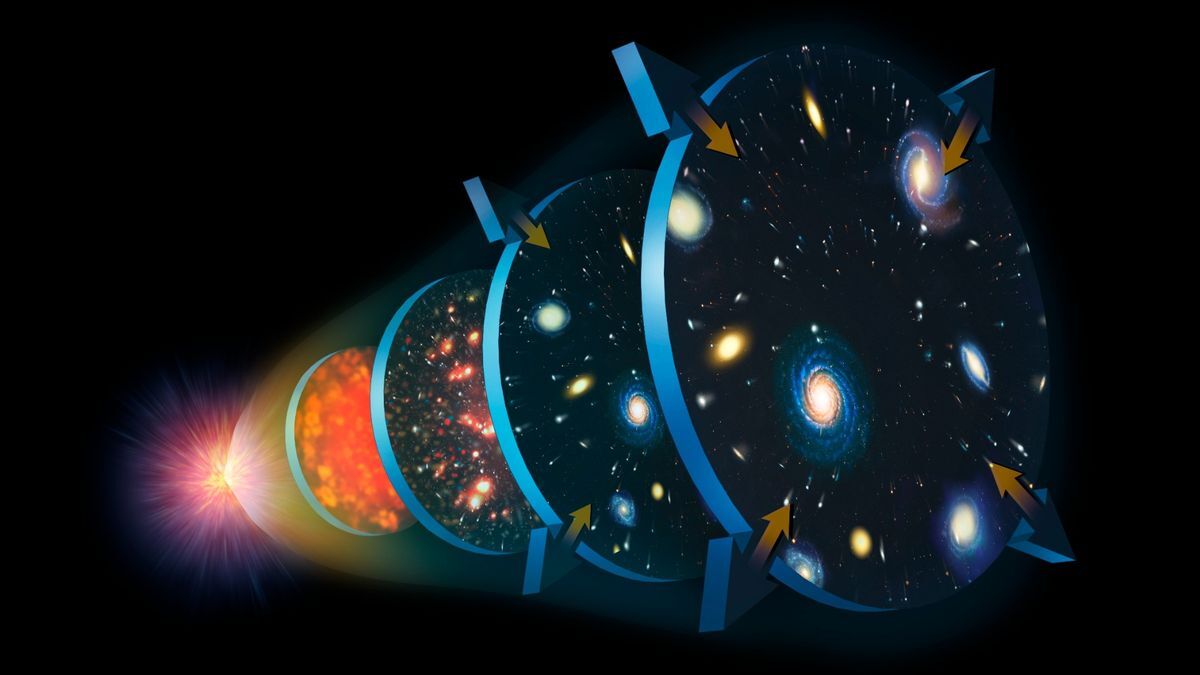Over and over again. That scope is really opening things up.
No flying machine will ever reach New York from Paris.
One of the Wright brothers said that. It’s actually my favorite quote because it always reminds me we have no idea what the fuck we’re wrong about.
No flying machine will ever reach New York from Paris.
googles
Interestingly, when he wrote that, it was part of a larger quote saying virtually the same thing that you are, just over a century ago:
Wilbur in the Cairo, Illinois, Bulletin, March 25, 1909
No airship will ever fly from New York to Paris. That seems to me to be impossible. What limits the flight is the motor. No known motor can run at the requisite speed for four days without stopping, and you can’t be sure of finding the proper winds for soaring. The airship will always be a special messenger, never a load-carrier. But the history of civilization has usually shown that every new invention has brought in its train new needs it can satisfy, and so what the airship will eventually be used for is probably what we can least predict at the present.
It’s almost like cephid variable measurement is a shitty metric for measuring universe expansion because you’re not actually measuring the edge of the universe just the rate of travel of two objects.
Good riddance, the answer can never be too simple.
The human need for ‘constants’ may already be too simple. Gravity for example is treated as a constant value in Physics but is actually variable.
I might have missed something, but AFAIK, gravity is the same everywhere. Bigger things, bigger gravity, sure, but two equal things in different locations don’t have different gravitational attraction
Dogulas knew:
I always said there was something fundamentally wrong with the universe.
– Arthur Dent, the Hitchhiker’s Guide to the Galaxy Radio Series.
Sounds more like Arthur knew…
It’s like the stars when observed at veryx2 far distance they start to behave weird. Blinking a bit faster than normal this might cause the reason for much faster expansion when calculating. Entropy suppose to be improbable right but at far distance all those improbable they probably all eventually add up. Just my thought anyway.
Have you ever had a dream that
That you, um, you had, you’ll, you would
You could, you do, you would you want you
You could do some, you…
You’ll do, you could you, you want
You want him to do you so muchYou could do anything, do anything
Have you ever had a dream
You could do anything, do anything
Have you ever had a dream
You could do anything, do anything
“The most exciting phrase to hear in science, the one that heralds new discoveries, is not ‘Eureka!’ but ‘That’s funny…'” --Isaac Asimov
We abandoning materialism yet?
From my limited understanding, the discrepancy comes from the two ways to measure the universe’s expansion: calculation from cosmic microwave background and calculating a cepheid variable, which uses pulsating stars (pulsars?)
Isn’t it more likely that one, or both, ways of measuring are wrong? As in, they’re not useful for measuring the universe’s rate of expansion?
Isn’t it more likely that one, or both, ways of measuring are wrong? As in, they’re not useful for measuring the universe’s rate of expansion?
Now, scientists using the James Webb and Hubble space telescopes have confirmed that the observation is not down to a measurement error.
I’m trying to understand the distinction you are making. Could you elaborate?
Not a scientist but the article seems to mean that they checked that the tools themselves had no defects giving incorrect measurements.
This comment seems to be questioning the methodology of how we measure the rate of expansion so tackles a different aspect of the conversation.
But that’s about as much as I can contribute haha
Why couldn’t this still be “big bang”? Look at a grenade for example. When it explodes, a shock wave expands from it in a near perfect sphere, but the fragments previous packed inside of it explode out at different speeds depending on their mass.
If you were in the center of that explosion, measuring the speed of fragments traveling away from you, they’d travel at different speeds. Only the initial shockwave would be constant.
This is more like you measure the fragment speeds with both a laser and with radar, and get different readings off the same fragment.









